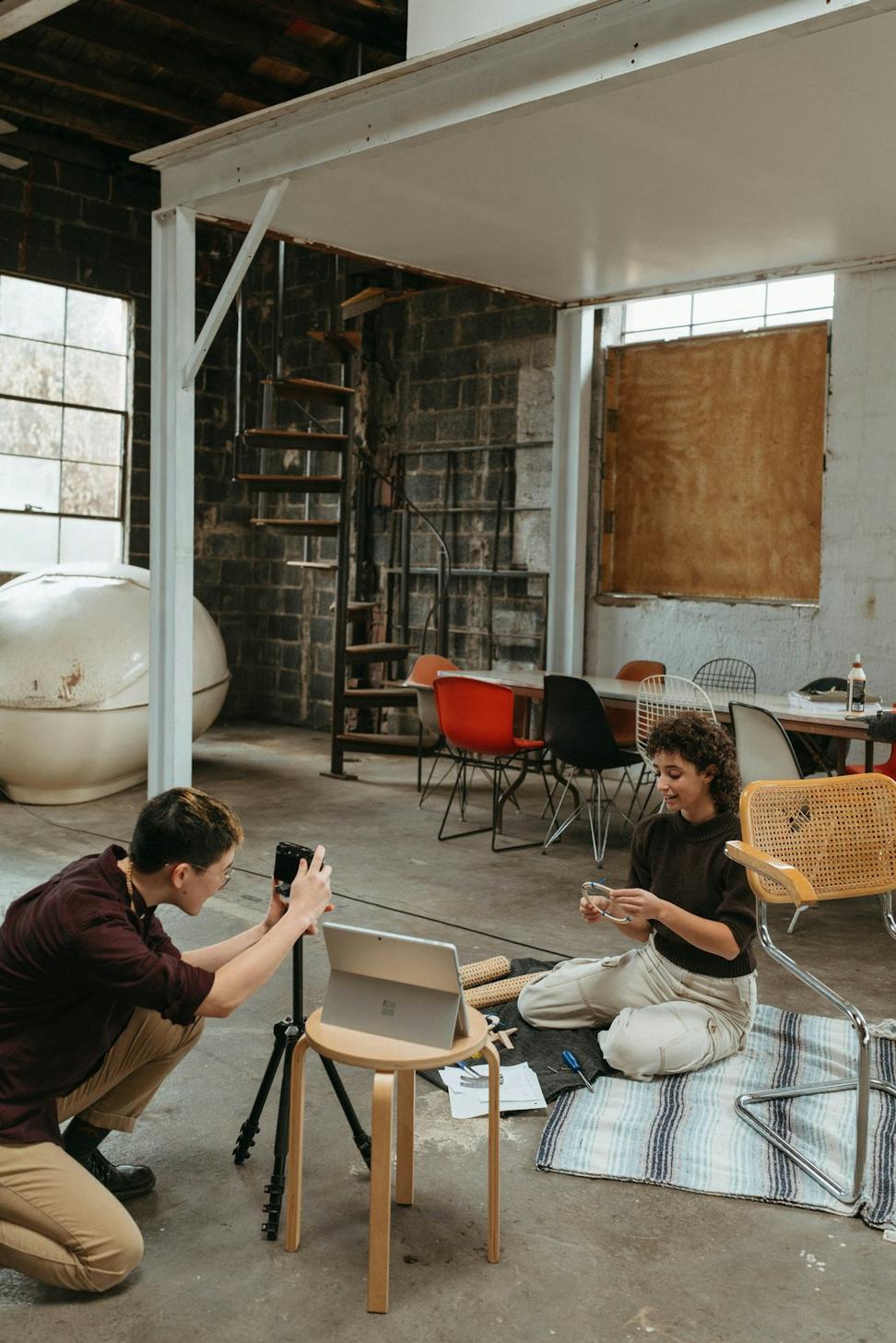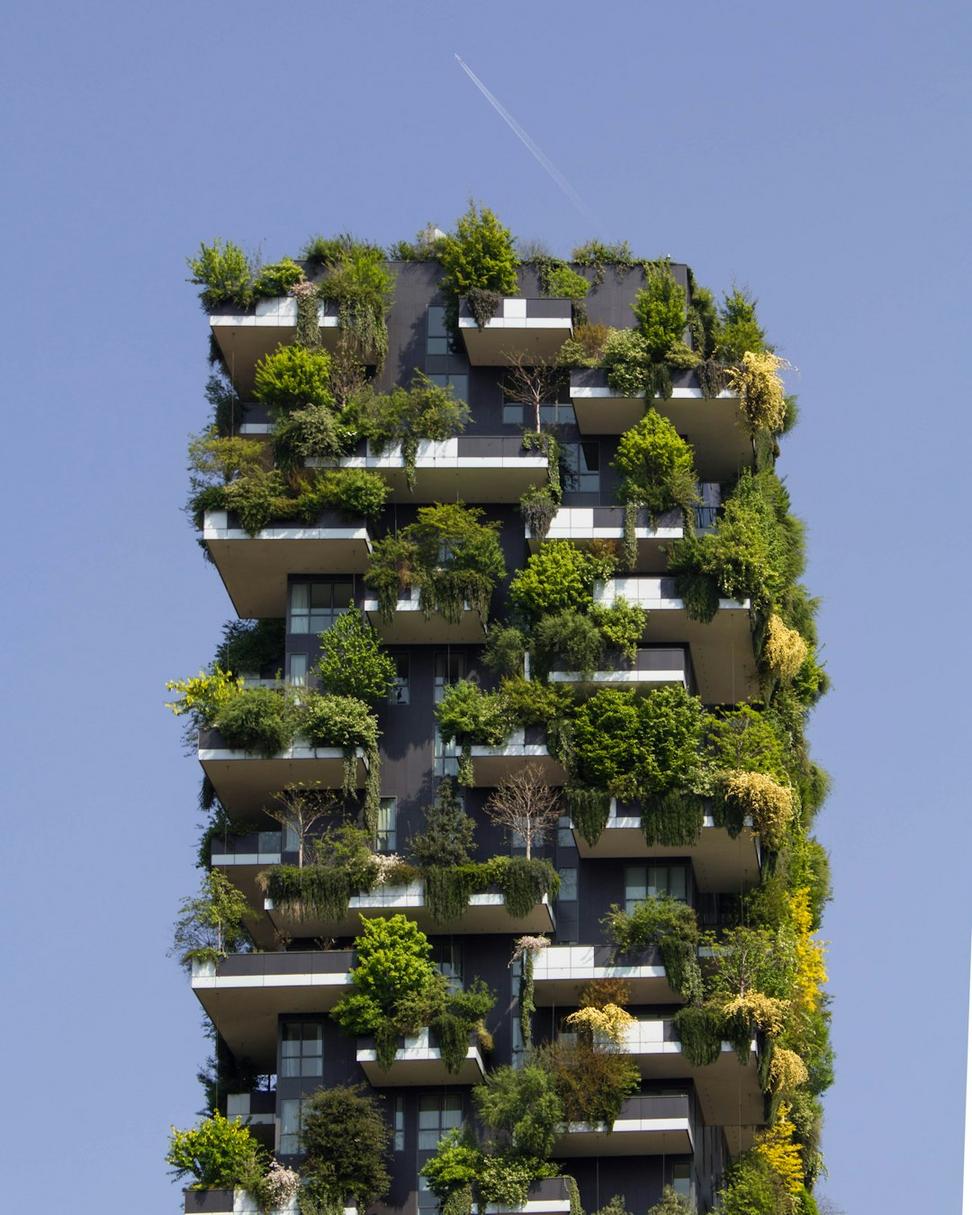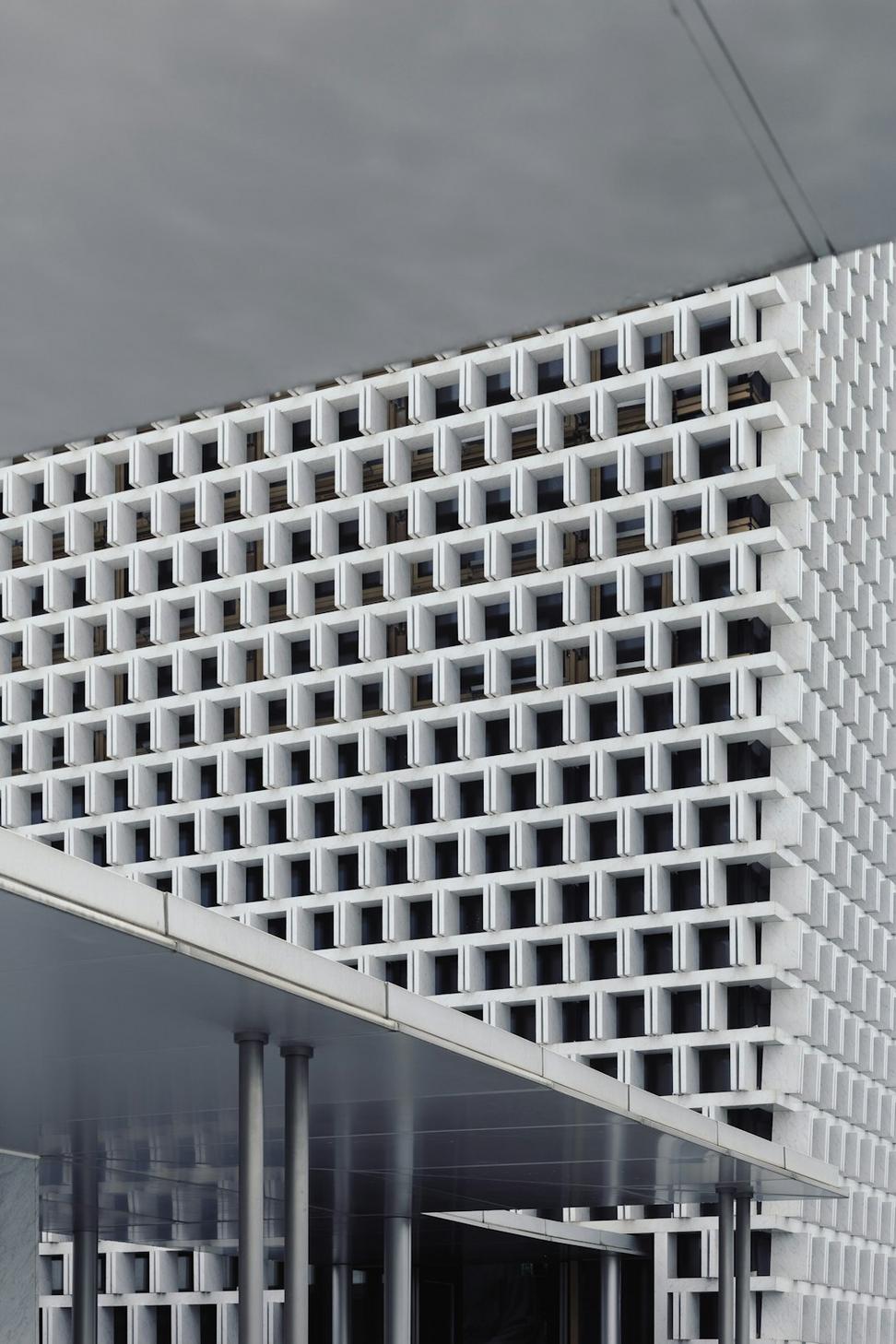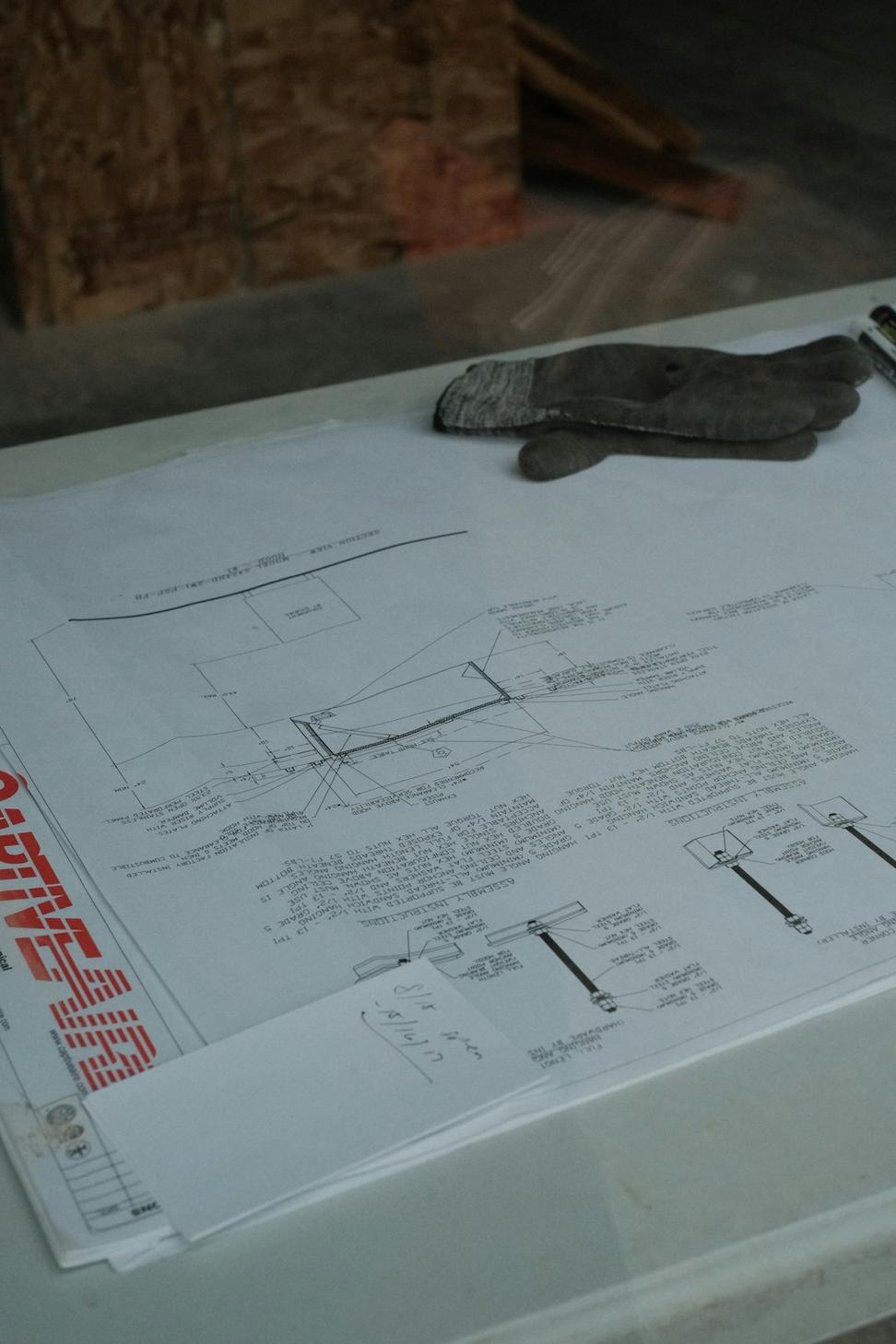
The Beginning
So here's how it all started – back in 2011, I was sitting in this sterile glass tower in downtown Toronto, designing cookie-cutter condos that honestly made me feel... empty.
I'd spent years at prestigious firms, checking all the boxes, winning awards that looked great on paper. But something wasn't clicking. Buildings shouldn't just exist – they gotta breathe, adapt, and yeah, actually give back to the environment instead of constantly taking from it.
One rainy November evening, I sketched what would become our first project on a coffee-stained napkin at a Queen West cafe. It was a residential renovation that incorporated passive solar design with reclaimed materials. The clients thought I was crazy. "Nobody does it this way," they said. But we did it anyway, and that building's been running at 60% less energy consumption for over a decade now.
That's when Lumareth Von Quinth Architects became real – not just another firm, but a place where sustainable design isn't some marketing gimmick. It's literally everything we do.



